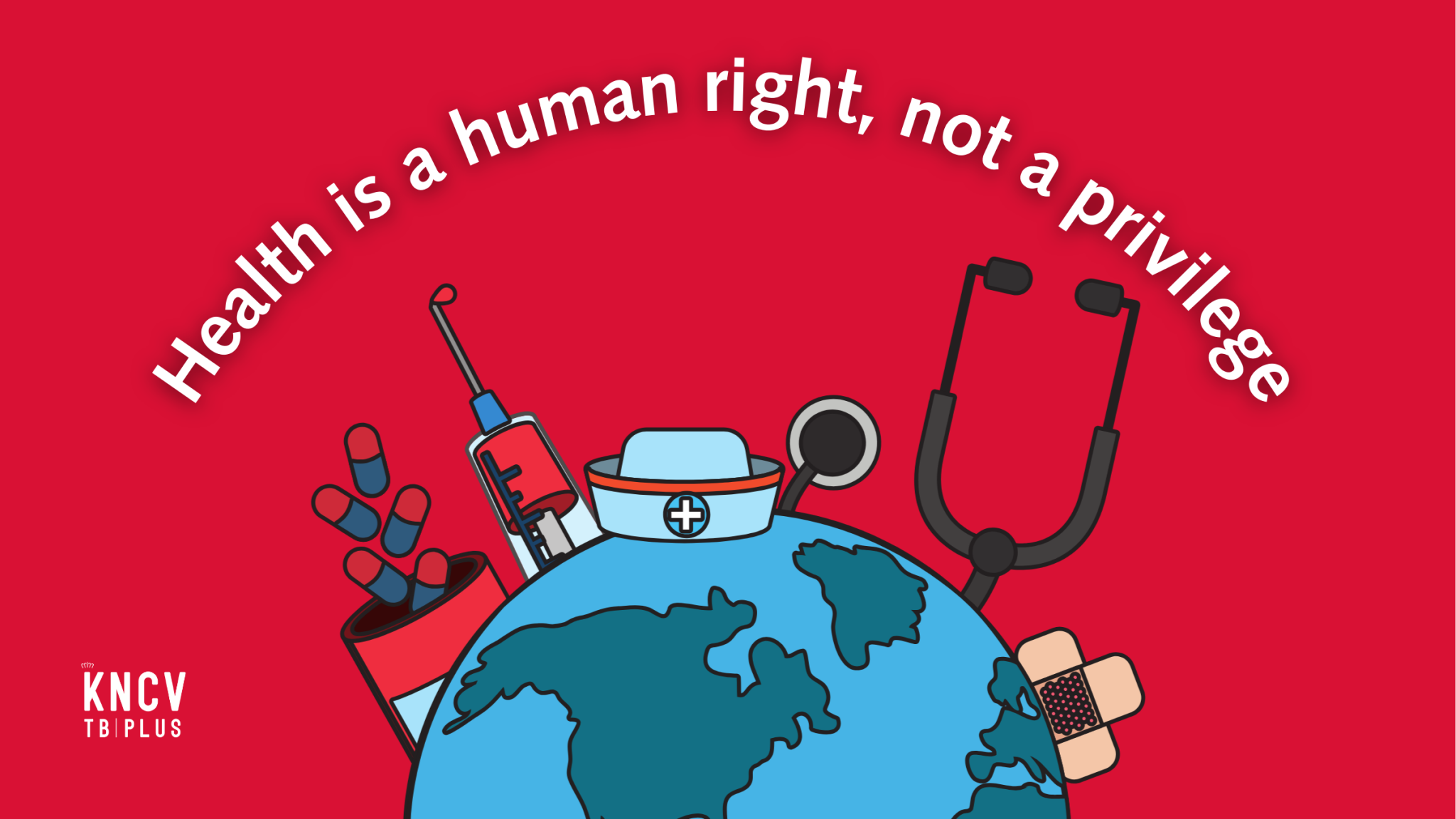Everyone deserves care: Health as a human right, not a privilege
In a time when global political rhetoric around migration is becoming increasingly divisive, and policies more punitive, it is vital to reaffirm a simple truth: health is a human right. Regardless of who someone is or where they come from, every person deserves access to healthcare, education, safe living conditions, and the opportunity to live a dignified life.

Public health is not a side concern.
Health is not something that begins and ends within the walls of a hospital, a clinic or the boundaries of a public health agency. It is shaped, either supported or undermined, by policies in every sector: housing, education, labor, migration, transportation, and justice. When these systems work in silos, the cost is human suffering and financial burden. When they work together, grounded in principles of equity and solidarity, they become a foundation for healthier, more just societies.
Across Europe and beyond, we are seeing an alarming rise in restrictive migration laws. These policies increasingly place people on the margins of society, denying them basic services, legal protection, and in some cases, even the right to exist safely. The Netherlands is not immune to this trend. Here too, legislation is attempting to become harsher, making it more difficult for undocumented migrants, asylum seekers, and displaced people to access the essential services they need to survive, let alone thrive.
This is not just a political issue. It is a public health crisis.
We often assume that helping one another is a given, whether it’s sharing food, offering shelter, providing care, or acting from a sense of moral or religious duty. Yet under new asylum legislation in the Netherlands, such acts of solidarity could soon be punishable.
The proposed law criminalizes people who don’t have the “right paperwork”. In effect, people who are already in vulnerable situations would be treated as criminals, not for any action they have taken, but for the mere fact of their existence in the country. Extending a helping hand as a neighbour, a volunteer, or a professional, would also become illegal.
This would place police officers, civil servants, healthcare providers, and teachers in an impossible position, preventing them from carrying out the very duties their professions require. Such measures are not only impractical; they are deeply inhumane and unjust. They erode the foundations of public health, which depends on trust, access, and the inclusion of all people regardless of their status.
When people are excluded from care, everyone is affected. Denying migrants access to healthcare increases the risk of untreated illness, mental health crises, preventable deaths, and wider public health risks. When children are denied education because of their migration status, we are choosing ignorance over inclusion. When housing policies prioritize exclusion over shelter, we are complicit in creating conditions that breed illness and despair.
Cookies required
Analytics and Marketing cookies are required to display this content.
Watch video in new tabOpens in a new tabThe call to integrate a Health in All Policies (HiAP) approach is about recognizing that health is built or broken by the decisions we make across every area of governance. It is about embedding a commitment to equity, inclusion, and wellbeing into the fabric of every law, every policy, every social contract.
The HiAP approach reminds us that decisions made in migration law, education, housing, and social welfare all directly shape the health of our communities. When laws criminalize presence and prohibit care, they harm individuals and communities and weaken the health, safety, and cohesion of society as a whole.
The right to health is enshrined in international law, including the Universal Declaration of Human Rights and the Constitution of the World Health Organization. Yet in practice, these rights are increasingly denied, especially to those who live in the most vulnerable conditions. It is not enough to proclaim values on paper. We must uphold them in policy.
Standing in solidarity with the vulnerable is not an ideal to be reserved for times of peace and prosperity – at our convenience. It is a moral duty, especially when the political climate becomes colder. Choosing solidarity means recognizing that health is not a privilege reserved for the documented, the employed, or the native-born. It is a collective good that requires inclusive, rights-based approaches that leave no one behind.
KNCV has decades of work on health systems strengthening, health promotion and universal health care (UHC) fostering health equity and person-centredness. In line with our core values and approaches, we have joined the initiative Stop de Asielwetten in the Netherlands, calling for the protection of basic human rights of undocumented migrants.
As the Netherlands considers its path forward, we must ask: what kind of society do we want to be? One that turns its back on the vulnerable, or one that embraces the fundamental truth that health is a human right for all people, in all policies, at all times.
